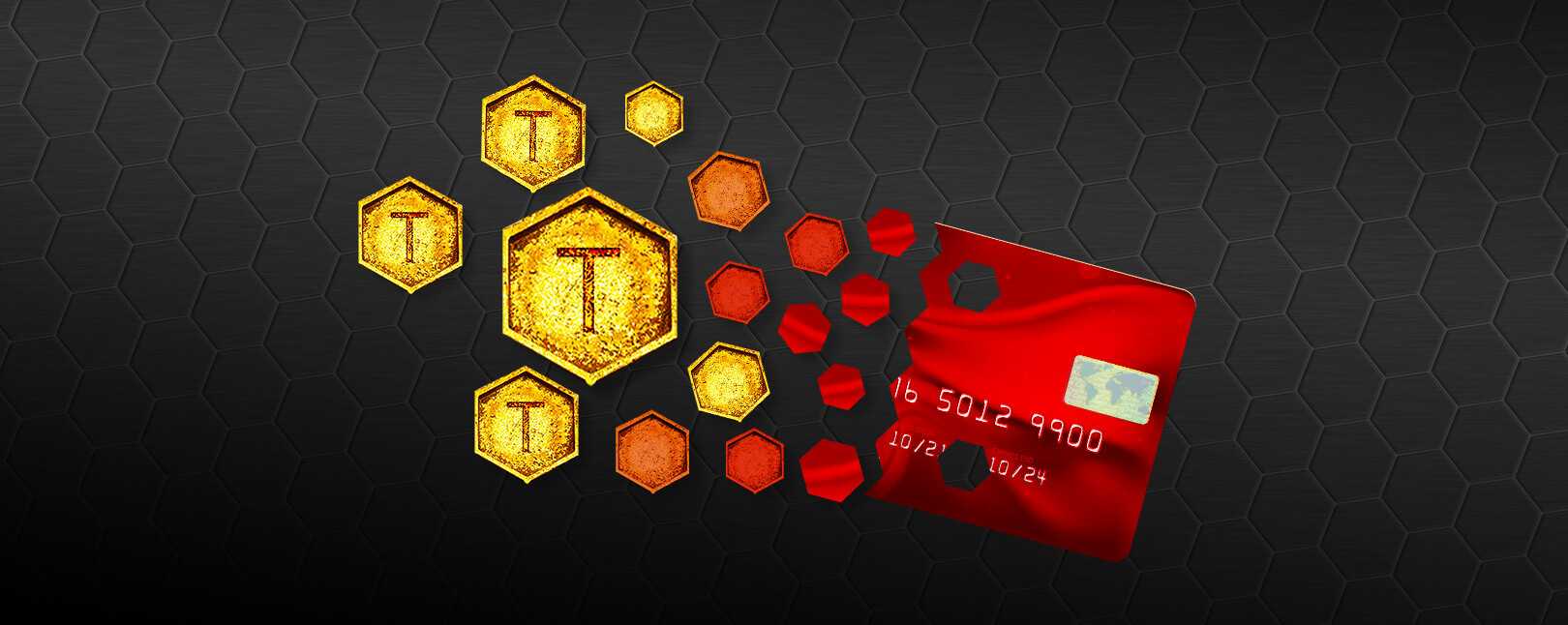Asset Tokenisation: How Digital Technology is Changing the RWA Market
Real World Asset Tokenisation (RWA) is a revolutionary process that is fundamentally changing the way we invest and trade. This technology enables physical and financial assets to be digitised, creating new opportunities for investors and businesses. In this article, we look at how tokenisation is impacting the RWA market, the benefits it offers and the challenges facing this innovation.
Read more about Real World Assets :https://www.tadalive.com/blog/....344198/what-are-real
What is asset tokenisation?
Tokenisation is the process of converting real assets into digital tokens that can be registered and transferred on blockchain platforms. Such tokens are the digital equivalent of a stake in a specific asset, be it real estate, precious metals, artwork or financial instruments. Each token has a value tied to the value of the underlying asset, allowing investors to acquire and exchange shares of assets in a digital environment.
Advantages of RWA tokenisation
1. Accessibility and liquidity
Tokenisation makes assets more accessible to a wide range of investors. For example, traditionally expensive assets such as property can be split into smaller digital tokens, allowing investment even with limited funds. It also increases the liquidity of assets, as digital tokens can be sold and bought on specialised platforms at any time.
2. Transparency and security
The use of blockchain technology ensures a high level of transparency and security of transactions. Every transaction is recorded in a distributed ledger, eliminating the possibility of fraud and manipulation. Investors can be confident in the integrity of data and the security of their investments.
3. Global access
Digital assets have no geographical restrictions. Tokenisation allows investors from around the world to participate in markets that were previously inaccessible to them. This opens up new opportunities for portfolio diversification and risk minimisation.
Challenges and risks
Despite the obvious benefits, asset tokenisation also faces a number of challenges. Firstly, there is a need for a clear and harmonised regulatory framework. Approaches to regulating digital assets can vary significantly from country to country, creating uncertainty for investors and companies.
Second, tokenisation requires significant technological and financial resources to build and maintain a secure infrastructure. Not all companies can afford such investments, which limits the spread of this technology.
Prospects for the RWA market
Tokenisation of real-world assets has already begun to transform financial markets, and this trend is likely to continue in the future. As technology improves and a more favourable regulatory environment is created, the RWA market will expand, attracting more participants.
Investors will be able to access previously inaccessible assets and companies will be able to find new sources of funding. Ultimately, RWA tokenisation could become an integral part of the global financial system, ensuring its flexibility, efficiency and accessibility.
Conclusion
Tokenisation of real world assets is an innovation that is changing traditional approaches to investment and trading. It opens up new opportunities for investors and businesses by making markets more accessible, liquid and transparent. Despite the challenges, the potential of tokenisation is huge and its impact on the global economy will only grow in the coming years.
